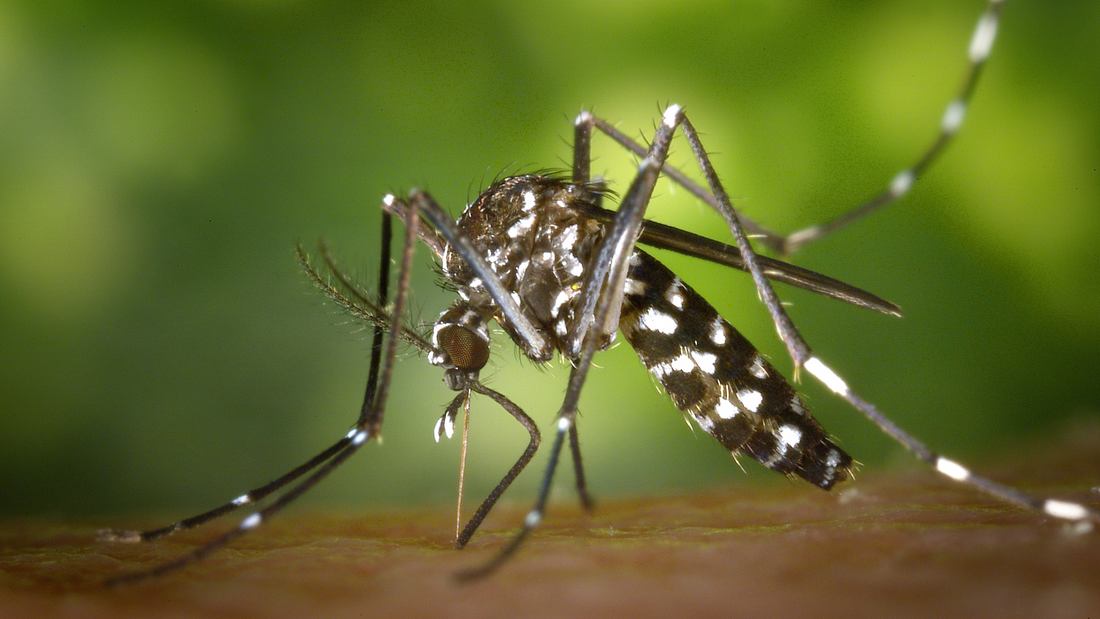Ticks and mosquitoes, while small in size, can have a big impact on our lives. Beyond their annoying bites, these pests can carry diseases that pose serious health risks to humans and animals alike. In this blog, we'll uncover 10 surprising facts about ticks and mosquitoes that shed light on their behavior, habits, and the importance of effective control measures.
- Ticks and Mosquitoes are More Than Just Annoying: While their bites can be irritating, ticks and mosquitoes are also vectors for a variety of diseases, including Lyme disease, West Nile virus, and Zika virus. Understanding the potential health risks associated with these pests underscores the importance of effective control strategies.
- Ticks Can Transmit Multiple Diseases in a Single Bite: Unlike mosquitoes, which typically transmit one disease per bite, ticks are notorious for carrying multiple pathogens. A single tick bite can potentially transmit Lyme disease, Rocky Mountain spotted fever, and other tick-borne illnesses, making early detection and prevention crucial.
- Mosquitoes Have a Keen Sense of Smell: Mosquitoes are equipped with highly sensitive antennae that enable them to detect carbon dioxide and body odors from up to 100 feet away. This remarkable sense of smell helps mosquitoes locate their next blood meal, making humans and animals prime targets for their bites.
- Ticks Prefer to Latch Onto Warm, Moist Areas: Ticks are not adept flyers or jumpers; instead, they rely on a behavior called questing to find hosts. Ticks climb to the tips of grasses and shrubs, where they wait with outstretched legs to latch onto passing hosts. They tend to target warm, moist areas of the body, such as the groin, armpits, and scalp.
- Mosquitoes Can Lay Hundreds of Eggs at a Time: Female mosquitoes require blood meals to produce eggs, and they can lay hundreds of eggs at a time in standing water. From birdbaths to clogged gutters, any source of stagnant water can serve as a breeding ground for mosquitoes, highlighting the importance of eliminating potential breeding sites.
- Ticks Can Survive for Months Without Feeding: Ticks are remarkably resilient creatures that can survive for extended periods without feeding. Some species can endure months of starvation, waiting patiently for a suitable host to come within reach. This ability to withstand prolonged periods without food makes ticks formidable adversaries in the battle against tick-borne diseases.
- Mosquitoes Are Most Active During Dawn and Dusk: While mosquitoes can be active at any time of day, they are most active during dawn and dusk when temperatures are cooler and humidity levels are higher. Understanding their peak activity times can help individuals take proactive measures to avoid mosquito bites and reduce exposure to mosquito-borne diseases.
- Ticks Can Transmit Diseases to Their Offspring: In a phenomenon known as transovarial transmission, certain tick species can pass pathogens to their offspring through the egg stage. This means that larvae and nymphs can be born already infected with diseases like Lyme disease, further complicating efforts to control tick populations and prevent disease transmission.
- Mosquitoes Have Been Around for Millions of Years: Mosquitoes are ancient insects that have been around for millions of years, evolving alongside dinosaurs and early mammals. Despite their small size, mosquitoes have had a significant impact on human history, influencing everything from migration patterns to the spread of diseases.
- Ticks and Mosquitoes Are Most Active in Warmer Months: While ticks and mosquitoes can be active year-round in some regions, they are most abundant during the warmer months of spring, summer, and early fall. Warmer temperatures and increased humidity create ideal conditions for these pests to thrive, making it essential to implement effective control measures during peak season.
Now that you're armed with these 10 surprising facts about ticks and mosquitoes, it's clear that effective pest management is essential for safeguarding your health and well-being. Fortunately, there's a solution that offers both efficacy and peace of mind: Tick & Skeeter Deleter. Crafted with a blend of Cedar Wood, Lemongrass, Rosemary, Citronella, and Peppermint oils, Tick & Skeeter Deleter provides powerful protection against ticks and mosquitoes while leaving behind a refreshing outdoor aroma. Say goodbye to harsh chemicals and hello to a safer, more enjoyable outdoor experience with Tick & Skeeter Deleter. Don't let ticks and mosquitoes ruin your outdoor adventures – reclaim your space with Tick & Skeeter Deleter today!
